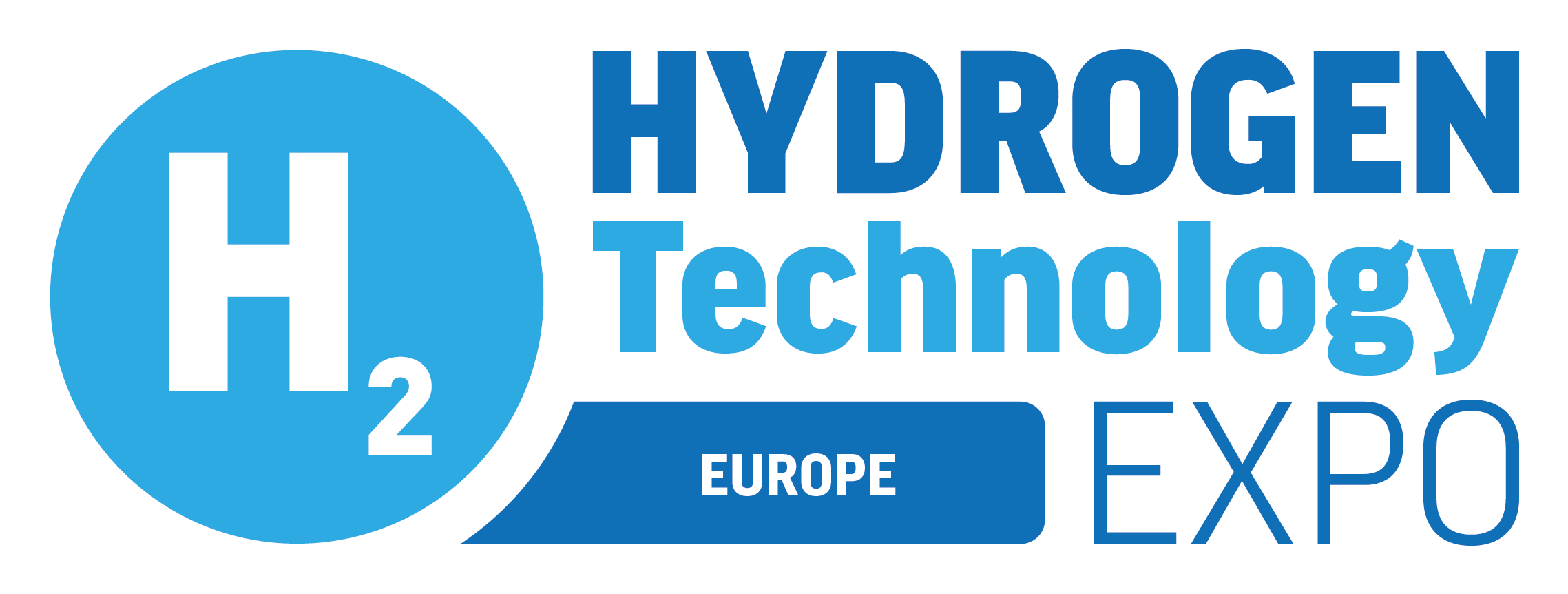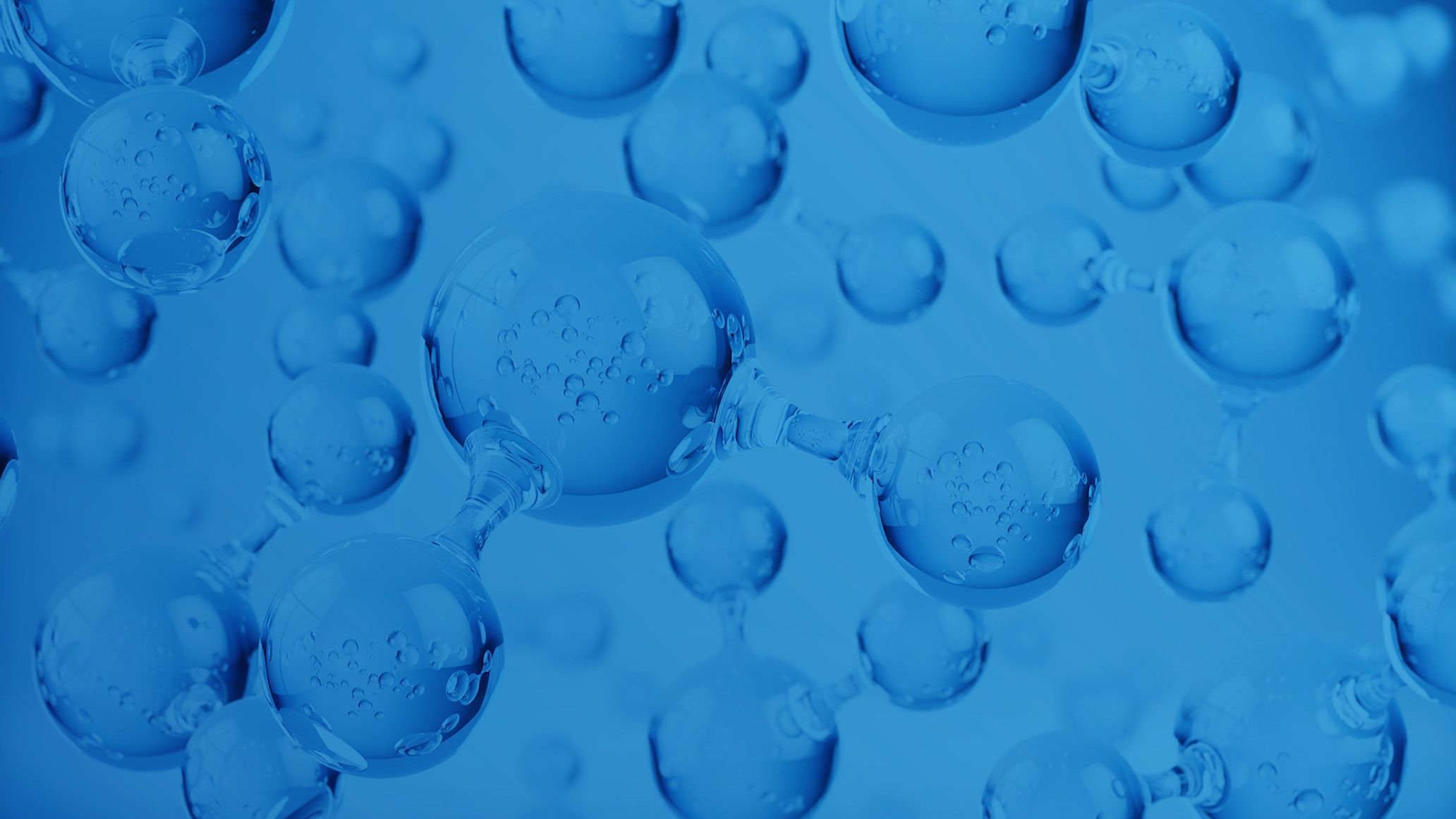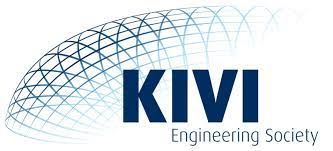Germany will welcome a new floating hydrogen import terminal
)
A new plan between two German LNG players has been announced and this plan involves developing a floating hydrogen import terminal. This will be based in Lubmin and the purpose of the system will be to feed hydrogen in Germany’s network.
The agreement which created this project, was signed in principle by Deutsche ReGas and Höegh-LNG. The agreement defined where the terminal would be based and it also outlined the purpose of the floating terminal, plus that it would be dedicated to ‘industrial conversion’ of green ammonia to green hydrogen.
This project is occurring at an ideal time for Germany, as the country is currently actively seeking solutions around securing future hydrogen suppliers. Germany is pursuing this in order to help them cut emissions from its industry and reduce their reliance on natural gas. Alongside this, the country is also brewing plans to import an estimated 70% of its hydrogen demand in 2030.
At the moment, it is anticipated that the facility will become operational in early 2026 and the company has stated that ‘the terminal will be the “world’s first” floating green ammonia cracker, producing around 30,000 tonnes of hydrogen per year.’
Once the hydrogen has been imported through the terminal, the plan then involves it being fed into Germany’s previously planned 9,700km hydrogen core network (HCN). This will be made possible through an existing feed-in point at Deutsche ReGas’ terminal, which will be in the port of Lubmin.
The terminal will also include the use of ammonia cracking technology, which will be integrated onboard a barge and this was also developed by Höegh LNG. This development is hoped to serve as an industrial pilot when it comes to the conversion of floating storage regasification units (FSRU).
CEO of Höegh LNG, Erik Nyheim, spoke about, ‘adapting existing marine infrastructure can provide access to cost-competitive hydrogen “within the next few years.”’
Deutsche ReGas has stated that it will ‘provide the onshore terminal infrastructure, while also overseeing the coordination of the entire project.’
Managing Director of Deutsche ReGas, Ingo Wagner, commented, “Our H2-Import-Terminal Lubmin is a key building block for decarbonisation of the industrial regions of eastern and southern Germany.”




)
)
)
)
)
)
)
)
)
)
)
)
)
)
)
)
)
)
)
)
)
)
)

)
)
)
)
)
)
)
)
)
)
)
)
)


)
)
)
)
)
)
)
)
)
)
)
)

)

)
)
)

)
)
)

)
)
)
)
)
)
)
)
)
)
)


)
